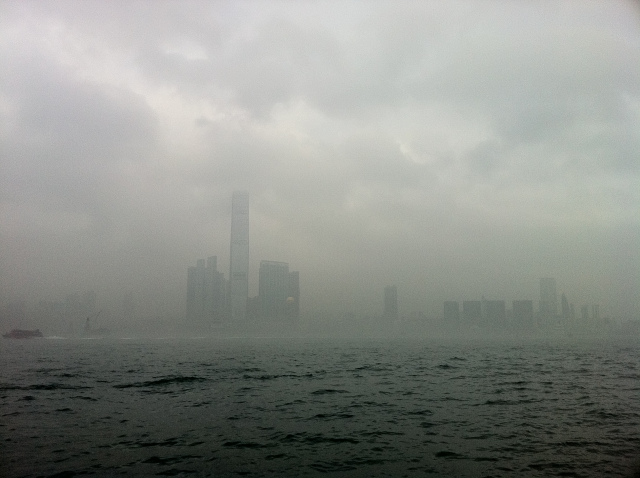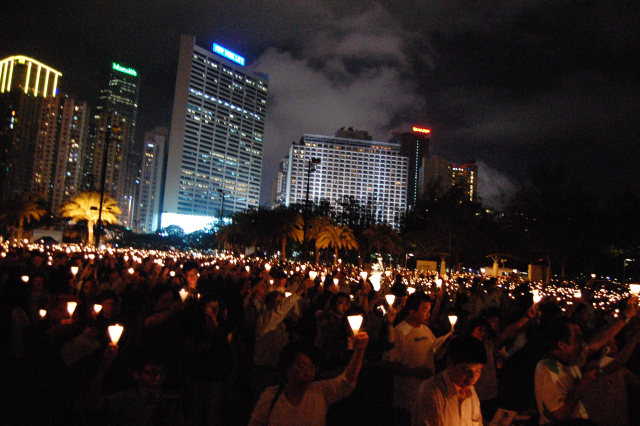From Griffith Review:
… At sea level, on the Star Ferry or along the waterfront, even from up on the Peak, the Harbour is flat, neatly east-west, constant even in its diminishment, reclamation pushing the shorelines ever closer. It is Hong Kong’s Giving Tree, the root of our wealth and yet we keep chipping away at it, bartering slivers for land, always more land. One day the Harbour will disappear, the city will be unborn, its name redundant.
Save tonight, where from 118 floors up, the Harbour looks anything but disappearing. It seems to have a life and course much longer and winding than I knew, less brief and less straight than the short drive it takes to traverse the length of Hong Kong Island. From up here, I can trace the texture of life along the skyscraper facades and deep within them – down the elevator banks, out the alleyways and into the underground tunnels.









